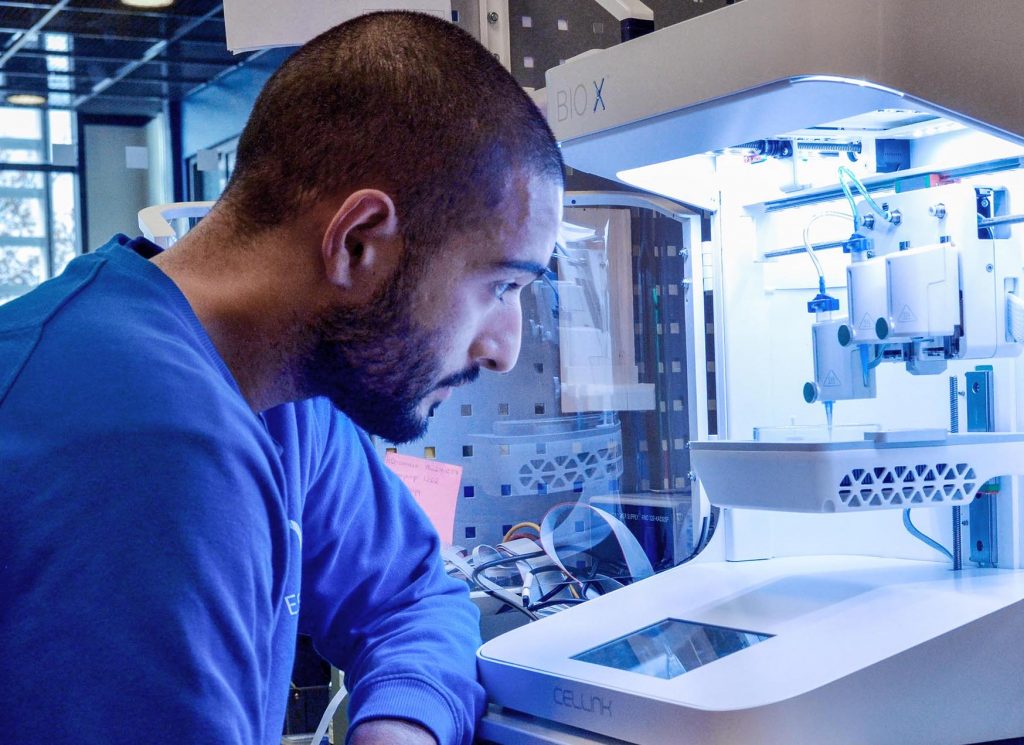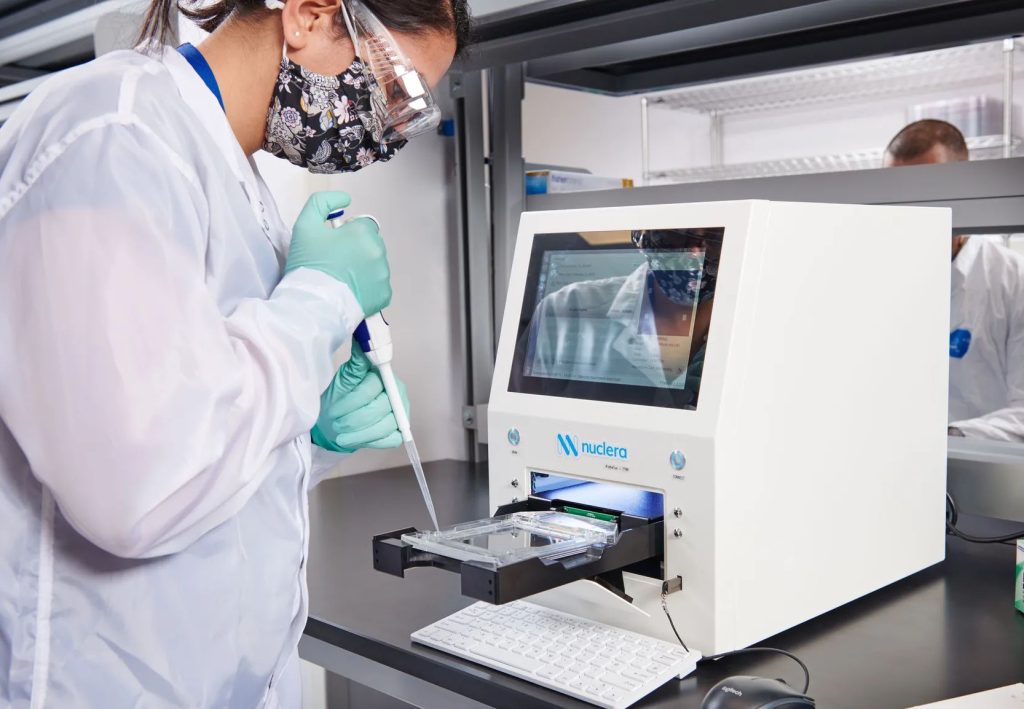Biopharmaceutical equipment supplier Sartorius has acquired a 10% stake in 3D bioprinting innovator BICO.
Alongside Sartorius’ €45 million share acquisition, the firms have announced a collaboration that’ll see them work together on R&D initiatives, and come up with ‘digital solutions for cell line development workflows.’ As part of the deal, Sartorius has also become a BICO distributor in the APAC region, a move that according to BICO CEO Erik Gatenholm, will “expand its presence and accelerate growth.”
“BICO will get access to value-adding, complementary technologies and products, which will enhance our current customer offering within bioprinting and lab automation,” explained Gatenholm. “We consider the Sartorius ownership in BICO as a verification of the BICO growth strategy.”

BICO rebounds from a rocky 2022
Previously known as CELLINK, BICO began in 2016 with a strong focus on 3D bioprinting, but it has expanded into related fields through acquisitions in recent years. Between 2020 and 2021, BICO bought the MatTek Corporation, Nanoscribe, and Scienion, among a string of other additions to its portfolio, as part of a strategy of ‘bioconvergence.’
Last year, however, the company was shaken by mismanagement allegations raised against Gatenholm by a former employee. In an article issued by Swedish publication Dagens Industri, former BICO CFO Gusten Danielsson criticized Gatenholm, saying he wasn’t the right person to lead the firm, while sources also alleged that there had been “complaints about his management style” in-house.
In a statement issued at the time, BICO declared it had “full confidence” Gatenholm, but that didn’t stop its share price from falling 41% following Danielsson’s resignation. Since then, the company’s shares have gradually rebounded from a low of 27.40 SEK to 104.70 SEK, and it has now gained a significant new investor in the shape of Sartorius.

Sartorius and BICO’s partnership
Based in the German town of Göttingen, Sartorius has become a major player in the life sciences industry. At last count, the firm had a 15,000-strong workforce, operated in over sixty countries, and boasted annual revenue of more than €3.4 billion, with 79% of this coming from bioprocess solutions, and 21% from lab products and services.
As well as equipment such as bioreactors and fluid management solutions, Sartorius markets its services as a research partner for those engaged in antibody, immunology and neuroscience R&D. While the company doesn’t explicitly offer 3D bioprinting services, it says that it does “continue to partner with printing providers,” with a view to developing “novel biological systems” like organoids.
Sartorius’ latest efforts in this area have seen it not only increase its stake in BICO to 10.1% but agree to a ‘comprehensive technology and marketing cooperation’ with the firm. Moving forwards, this is expected to see the companies collaborate on 3D bioprinting research, with BICO also gaining better access to the APAC market via Sartorius’ extensive reseller network.
“The cooperation with BICO will enable us to jointly strengthen our activities in very dynamic fields like advanced cell models and digital workflows in drug research and development,” added Gerry Mackay, a member of Sartorius’ Executive Board and Head of its Lab Products & Services Division. “We will further enhance the position of both companies in the fast-growing Asian markets with highly differentiating and relevant technologies.”
“We are convinced that the strategic partnership and the investment in BICO will create value for both parties.”

Investing in 3D bioprinting growth
As 3D bioprinting research continues to gather pace, the technology’s drug development and personalized therapy potential have increasingly attracted investment from outside the field. Just last year, Nuclera raised another $15.5 million in Series B funding towards the development of an ‘eProtein’ 3D bioprinter that could help accelerate drug discovery.
During 2022, Regemat 3D also raised over €500,000 in equity crowdfunding to ramp up the marketing and development of its proprietary bioprinting technology. With further R&D, the firm believes its offering could enable the creation of custom, functional tissues, for treating patients, curing diseases and improving people’s quality of life.
Elsewhere, in the wider 3D printing space, 3D Systems has spun off Systemic Bio, a new bioprinting subsidiary. Systemic Bio is now essentially utilizing the technologies developed as part of its parent firm’s Print to Perfusion program as well as those of its other subsidiary Allevi, to 3D bioprint vascularized models from human cells.
To stay up to date with the latest 3D printing news, don’t forget to subscribe to the 3D Printing Industry newsletter or follow us on Twitter or liking our page on Facebook.
While you’re here, why not subscribe to our Youtube channel? featuring discussion, debriefs, video shorts and webinar replays.
Are you looking for a job in the additive manufacturing industry? Visit 3D Printing Jobs for a selection of roles in the industry.
Featured image shows an engineer using BICO’s extrusion-based Bio X 3D bioprinter. Photo via BICO.



